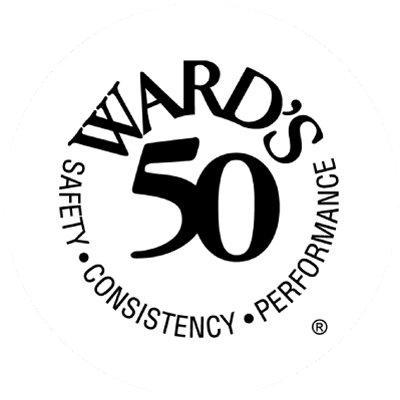Running a restaurant can be a fun and rewarding experience, but can also be one that presents a number of hazards for your guests. With a few simple common sense steps, you can help to ensure a well-run business and provide a safe dining experience for your patrons.
Wash hands often.
It is imperative that all employees wash their hands thoroughly before preparing any food, after using the restroom, and after breaks. Hands should be washed well with soap and warm water for at least 20 seconds.
Disinfect surfaces.
All surfaces should be disinfected and cleaned on a regular basis, including all food prep areas, cutting boards, storage areas, utensils, equipment, trash cans, and even floor drains. Thorough cleaning not only removes food residue and dirt, but also germs from surfaces that may come in contact with food.
Bugs and other pests: Cleaning and sanitizing surfaces regularly helps to prevent pests from inhabiting them. Pests can spread harmful diseases including salmonella and listeria to the food.
Wash fruits and vegetables.
All produce should be washed thoroughly to remove dirt and bacteria. The only exception is for fruits and vegetables that are packaged and labeled “pre-washed”. To clean produce, use cold, clean running water and a vegetable brush if needed.
Avoid cross-contamination.
Cross-contamination occurs when harmful bacteria and food allergens are transferred from one object to another inadvertently.
In addition to hand-washing, use separate products when dealing with different types of food, including different cutting boards, utensils and separate containers for raw meats, vegetables, and produce, as well as for cooked food. Use clean utensils and a clean plate to remove cooked meat and vegetables.
A color-coded system can help your staff keep track.
Prepare and store foods at safe temperatures.
Remember that many harmful bacteria multiply faster at temperatures between 40°F and 140°F and thrive in warm, moist environments. Make sure to prepare raw meat, ground meat, poultry, eggs, and seafood at the correct temperature to avoid food poisoning.
Marinate foods in the refrigerator and not on countertops; don’t taste the marinade or re-use it after it has been in contact with raw food, particularly meat.
Keep meat, poultry, and seafood refrigerated until ready to grill. When transporting, keep below 40°F in an insulated cooler.
Use a food thermometer to ensure meat is cooked thoroughly. When smoking, keep temperatures inside the smoker at 225°F to 300°F to keep meat a safe temperature while it cooks. Meat should be cooked to an internal temperature of:
Burgers/ground beef = 160°F
Chicken/turkey = 165°F
Sausage = 160°F
Steaks = 145°F
After grilling, meat should be kept at 140°F or warmer until it’s served.
Potato salad, eggs, dairy/salad bar items: Any food that includes mayonnaise, eggs, and dairy needs special attention.
Keep prepared salads at 40°F or colder, and keep them in the refrigerator or cooler until served.
Keep pans of these foods on a bed of ice while out of refrigeration.
When in doubt, throw the food out!
Self-service areas need special attention.
While your staff may be knowledgeable about food safety practices, your patrons may not be. Limiting contamination in self-service areas is especially important:
Common surfaces should be sanitized frequently, including but not limited to utensils, countertops, sneeze guards, and food storage containers.
Dispensers for flatware, napkins, and straws should dispense items one at a time.
Packets of wrapped flatware can help reduce contamination.
Make sure you have employees to monitor guests and help if needed.
Help Prevent Food Allergen Reactions.
There are a few tips you can take to help avoid food allergic responses in your customers:
Train staff to properly handle allergy requests from patrons.
Never prepare an allergen-free meal with the same cutlery used on other dishes.
Use designated allergen-safe products in your kitchen.
Ensure staff are aware of the most common food allergies, including products containing eggs, milk, soybeans, tree nuts, peanuts, fish, shellfish and wheat.
Take note of food recalls from the FDA and USDA.
Pay attention to food recalls related to your food. Make sure to check the U.S. Food and Drug Administration (FDA) and the U.S. Department of Agriculture (USDA) websites, where you can find complete information.


